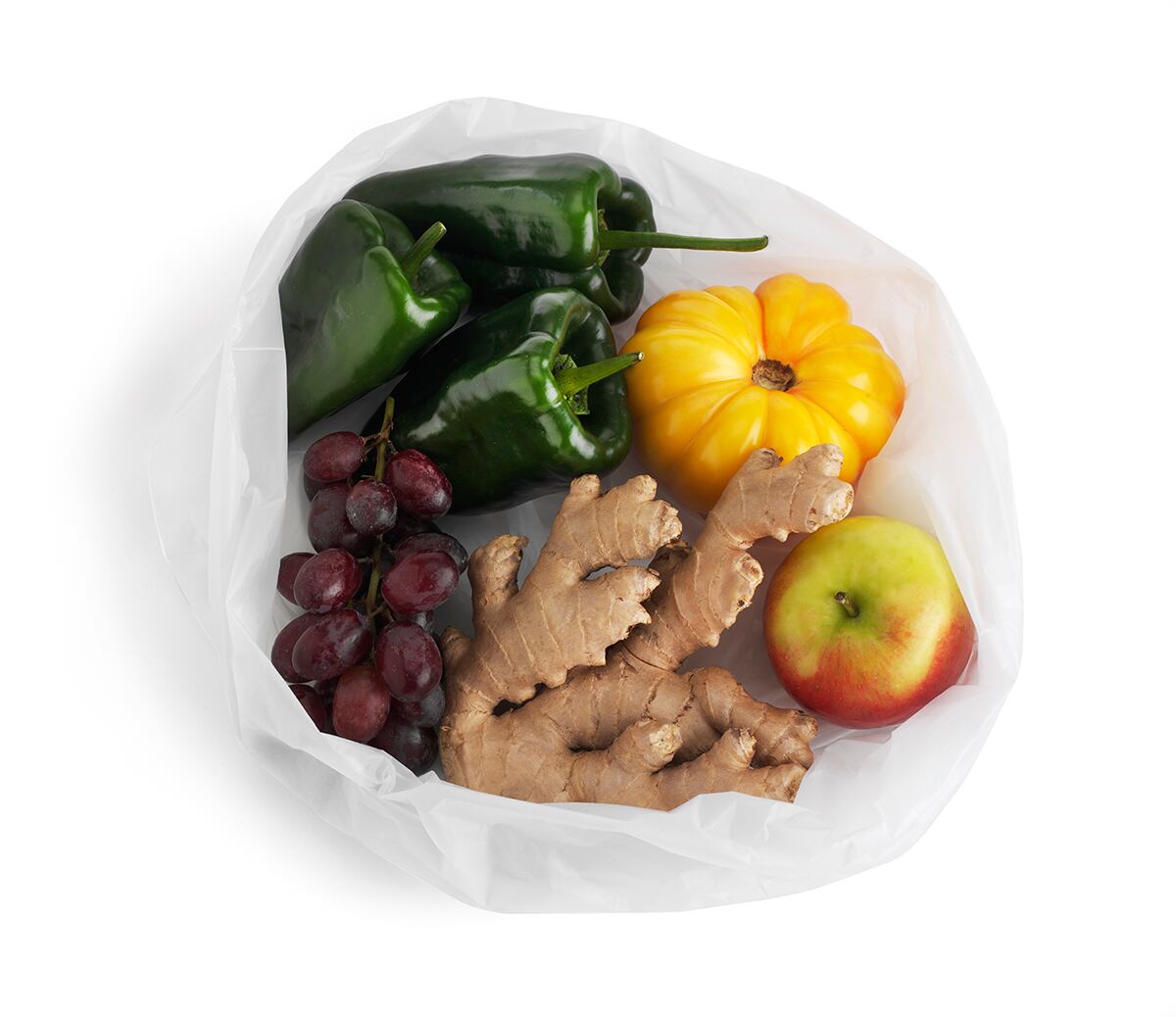Mvera B5010 for film and bag applications is a compostable film grade compound which was rolled out at K Show in Dusseldorf.
Companies are becoming more open to using biopolymers, Wilfried Jobst, global commercial operations director at Metabolix told FoodProductionDaily.com.
“I think for us and for every other biopolymer producer it’s not that there is no interest, it’s not that there is not the demand, it’s rather that you have to focus because the interest is so broad it is very easy to do too much.”
He added that it was important to focus and find technical solutions in certain areas before becoming broader.
The film grade resin is designed to meet international industrial standards for compostability, and has been certified by Vinçotte to meet the EN13432 standard.
Processing design
It is designed for blown/cast film processing, is free of BPA and phthalates and has seal strength and printability benefits.
The bags are printable and can be processed on standard film making equipment.

“It can be produced in blow film processing and cast film processing, what is special about this material is that the mechanical properties are very similar to the mechanical properties of bags of film produced from traditional polyolefin material."
The material degrades in an industrial composting environment with specific heat, usually higher than 40 degrees, in less than 90 days. The firm said it doesn’t degrade in a normal user environment for one to two years.
Room to learn
Traditional polymers have been around in most cases 60-70 years, while biopolymers are a fairly recent addition to industry, Jobst explained.
“It is without question we still need to learn a lot, our products are not yet as good as traditional biopolymers in some regards but we are learning a lot every day and the products are improving quite a bit and in my opinion, not for all but for certain applications, we are reaching levels that are very similar to traditional biopolymers.
“You were mentioning barrier properties, it’s correct that the barrier properties of PHA are very good when you compare them with other biopolymers but they are still not as good as traditional polymers," he said.
“But we are looking into various ways of overcoming this such as multilayer films with barrier levels inbetween, so in my opinion it is only a question of time until it is possible to overcome the problems with biopolymers and find solutions, for example for the barrier properties required in food packaging.”
It is the first commercial product release following the collaboration with Samsung Fine Chemicals in July.
The firm is also looking at a new 2KT plant next year and a 10KT plant is in the pipeline.
